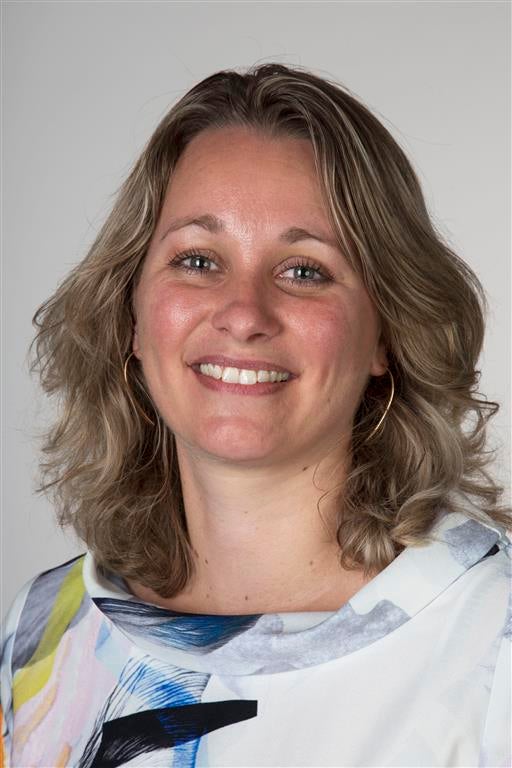In search of a therapy for chronic heart failure
In search of a therapy for chronic heart failure

Few treatment options are available to patients with chronic heart failure after a myocardial infarction. Saskia de Jager, associate professor of Experimental Cardiology at the UMC Utrecht, is investigating the role of inflammation in these patients and potential drugs. “For many of these patients, there are no curative treatment options. We need to work towards tailored therapies.”
After a myocardial infarction, the heart may enter a state of chronic heart failure. In systolic heart failure or HFrEF failure, the ejection fraction of the heart is reduced. “After a myocardial infarction, part of the heart muscle dies,” says Saskia de Jager. “The scar stiffens, making it difficult for the heart to contract.” Diastolic heart failure or HFpEF is often preceded by a severe lack of oxygen to the heart muscle. “As a result, the heart does not relax very well, and does not fill up with blood very well. As a result, an insufficient amount of blood is pumped to the rest of the body.”
Inflammation of the heart
Saskia started her career at the Faculty of Mathematics and Physics of Leiden University, where she used animal models to study inflammatory reactions in blood vessels and atherosclerosis. At the UMC Utrecht she was able to translate her research into clinical practice. She and her colleagues found that the two forms of chronic heart failure are characterized by different inflammatory responses. “After an infarction, inflammatory cells infiltrate the heart to clean up the damage,” says Saskia. “We see that in patients with chronic heart failure they never disappear completely. The lingering cells damage the heart muscle cells that are still healthy.” The inflammation thereby contributes to the progression of the disease: that is, the symptoms are exacerbated up to the point that the patient has to wear an LVAD or even be put on the waiting list for a heart transplant.
Peek at the neighbors
To stop this progression in the chronic phase, Saskia and her colleagues are looking for a therapy that inhibits the inflammation of the heart. “It has recently been reported that heart failure is less prevalent when treated with anti-inflammatory therapy,” says Saskia. Her research therefore revolves around finding a therapy, for which she appeals to other disciplines. “Biologicals is now attracting a lot of attention from the angle of autoimmune diseases. We are seeing considerable overlap in chronic heart failure with inflammation-related conditions, such as in rheumatology.” The fact that she is not at the drawing board herself does not bother her. “It’s satisfying to discover something new yourself, but if an effective medicine already exists, you don’t have to go looking for it yourself. It’s fine to have a peek at the neighbors.”
Nevertheless, a medicinal therapy for heart failure is still a long way off, Saskia believes. While the number of patients with heart failure is only expected to increase in the coming years. “We can’t prescribe such an expensive biological to everyone. This means we need to ask ourselves how we can develop less expensive treatments, for example small pieces of protein instead of antibodies, which still produce a desired effect.”
Inflammation profile
Saskia’s research is designed to find a better therapy for patients with heart failure. She hopes that in time she will be able to make risk assessments for them based on inflammation profiles. “Especially for the HFpEF patients, there are few curative treatments available. Moreover, the population with heart failure is broad. Diabetes, smoking and high blood pressure also play a role. We need to work towards tailored therapies so that we can identify individual patients: who has a higher risk of rapid progression, and who does not?”
“With an inflammation-related condition like chronic heart failure, the balance in the body is lost,” says Saskia. “The immune system is out of whack. Our goal is to restore that balance.” She finds this quest the most attractive part of her research. “Studying this condition and the immune system makes for great variety in my daily work. We puzzle, discuss and research an action mechanism. But we always think about how we can bring that knowledge to the clinic.”

